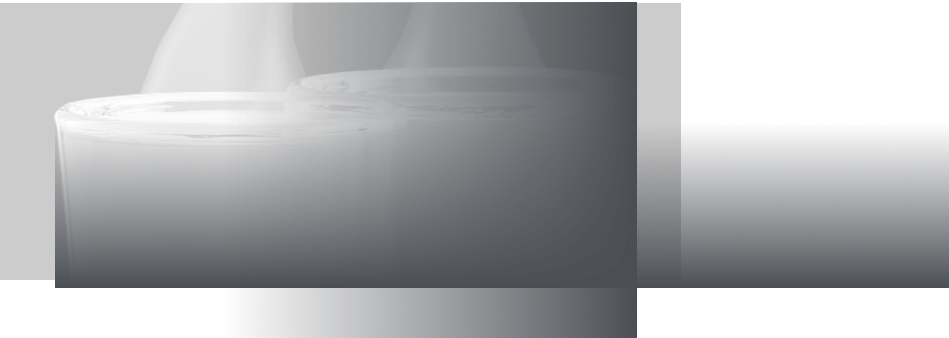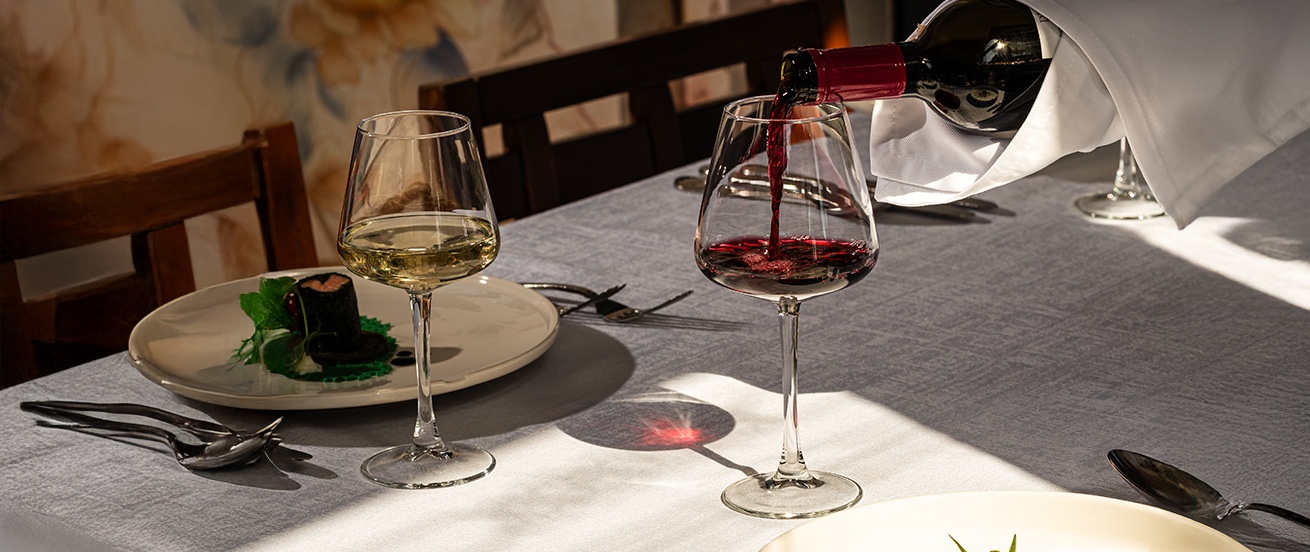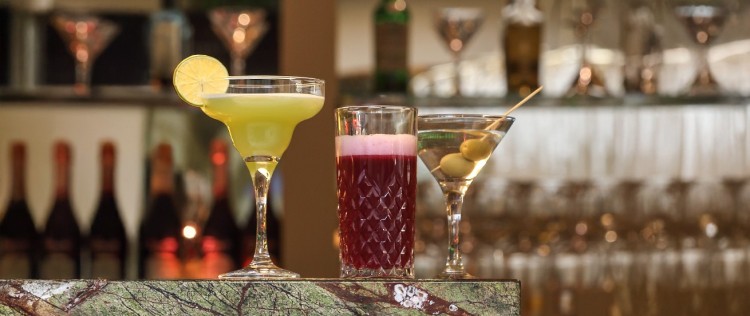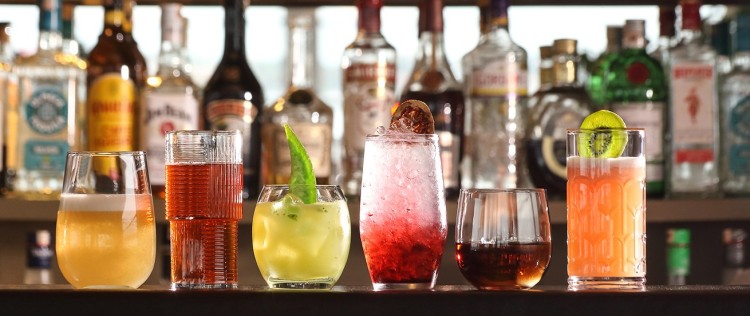Each user can request a maximum of 8 products within 90 days and a maximum of 2 of the same product. Valid only in selected regions.
There are no products in your cart.

What Is Tempered Glassware? A Technical Guide for Hospitality Buyers
11 Aug 2025
Glassware is more than just a serving vessel in restaurants, bars, and cafes. It is often seen as a reflection of the brand’s commitment to aesthetics, safety, and customer satisfaction. From an owner or manager’s standpoint, the glassware should also be conducive to back-of-the-house operations, such as cleaning and storage.
Tempered glassware, a specialized type of glass, checks all the above boxes. This glassware goes through a specialized heating and cooling process during manufacturing to make it safer and more durable, which are key requirements in hospitality operations.
In this guide, we will explore more about tempered glassware, how it is different from standard glassware, the benefits, and key factors to consider while buying it.
Tempered vs. Standard Glassware: What Hospitality Buyers Need to Know
The first step is to understand how fully tempered glassware differs from standard glass. During the manufacturing process, standard glass is cooled slowly, resulting in no internal tension. As a result, it breaks quickly. Tempered glass, on the other hand, undergoes thermal processing after which it is cooled rapidly. This process creates a certain amount of stress between the inner and outer surfaces.
This key difference makes tempered glassware sets much stronger than untreated glass. As a result, it is better suited for environments where items are frequently moved and washed or handled by multiple people.
Another important difference between tempered and standard glassware is the way it breaks. Standard glass shatters into unequal and often large shards that increase the possibility of injuries. When tempered glass breaks, it shatters into small, rounded granules that are less likely to cause major injuries. Also, they are easier to clean. Due to these reasons, tempered glassware is much safer in hospitality environments.
Benefits of Tempered Glassware in High-Traffic Restaurants and Bars
In high-traffic restaurants and bars, durability and safety are non-negotiable. This is why tempered glass glassware is a good choice in these scenarios because it can handle tough use. Tempered glassware can survive hits against objects without cracking, which means it can be used for a longer time compared to standard glassware. Additionally, the likelihood of unpredictable breakage is low, so frequent replacements are not required. Due to these factors, you can save money and maintain consistency in your servings.
Another advantage is the look and feel of the glassware. Standard glass has a higher likelihood of cloudy look or brittle feel after repeated washing, forcing you to replace it more often. Otherwise, it can lead to low customer satisfaction levels. However, tempered glassware continues to remain clean and unchipped for a long time, allowing you to improve customer satisfaction while saving costs.
Additionally, operations are smoother, as staff can handle serveware with greater confidence. Fewer breakages mean fewer interruptions and faster table turnovers. It also eases the work of cleaning staff, as they can work more efficiently as well. As a sum, fully tempered glassware can offer many benefits to hospitality owners.
How Tempered Glassware Enhances Safety and Durability in Foodservice
Glassware safety is a top concern in any food service setting, as substandard glassware can pose significant risks to both safety and hygiene. Tempered glass can effectively address both challenges.
First, its specialized manufacturing process reduces breakage. Moreover, tempered glassware can withstand sudden temperature changes, so you can pour hot liquid or keep the glass in a cold fridge without worrying about breakage.
Secondly, even if the glass breaks, the chances of life-threatening injuries are lower. This makes cleaning safer and easier. You can even put them in dishwashers with high-pressure jets and high temperatures for a thorough clean.
The Manufacturing Process Behind Tempered Glass and Its Strength
What makes this tempered glass so resilient to wear and tear? It's manufacturing process.
The production of tempered glass starts when raw glass is cut and shaped into its final form. Once shaped, the glass is heated to approximately 1000 to 1200 degrees Fahrenheit, which is the melting point of glass. After, the glass is immediately cooled using high-pressure air jets. This sudden cooling process causes the outer part to harden, while the inner part is still contracting due to the temperature difference. This creates a difference in stress levels, resulting in the outer layer resistant to scratches while the inner layer is resistant to breakage.
However, it’s essential to note that the tempered glass cannot be reshaped or cut after the process, as this would compromise the stress difference. This is why it’s important to purchase tempered glassware from glass manufacturers who prioritize craftsmanship and legacy.
Key Factors to Consider When Buying Tempered Glass for Commercial Use
Not all tempered glass is designed for commercial use. This is why it is important to verify if the glassware is durable enough for these environments. When selecting tempered glassware, there are a few important factors to consider:
-
Product application - What will you use the glassware for? Is it going to be beverageware or tableware? Some items may require higher thermal resistance, which is why it’s essential to select the appropriate product based on its intended use.
-
Certification and rating – Before buying, you may want to check whether the product complies with relevant international standards where applicable. While there is no specific global standard for tempered tableware glass, references such as BS PAS 54 (for tableware) or EN 15284 (for microwave use) may be considered for general guidance.
-
Washing durability - You may want to check if the glass is dishwasher-safe, as commercial dishwashers have high temperatures and strong water pressure.
-
Suppliers - Try to buy from reputable suppliers and manufacturers. It helps if they specialize in the hospitality sector.
Conclusion
To conclude, tempered glass is designed to meet the demands of the hospitality industry, where quick handling and intense washing are the norm. These glasses undergo a unique manufacturing process that makes them more resilient and durable than standard glass. At the same time, they retain aesthetics, leading to a good reputation for your establishment with lower replacement costs.
LAV HORECA is a reliable manufacturer offering a wide variety of tempered glass products for the hospitality industry. Its craftsmen work their magic into every piece of glassware to create products that are truly world-class. Explore the glassware that best meets the unique needs of your business.









